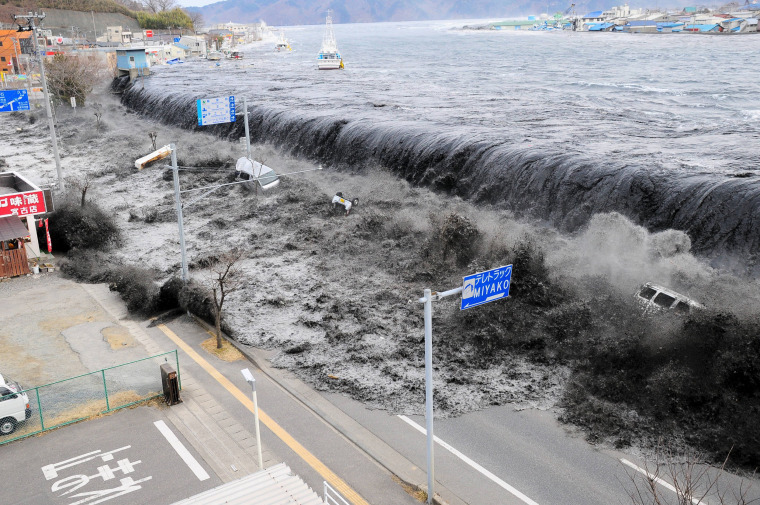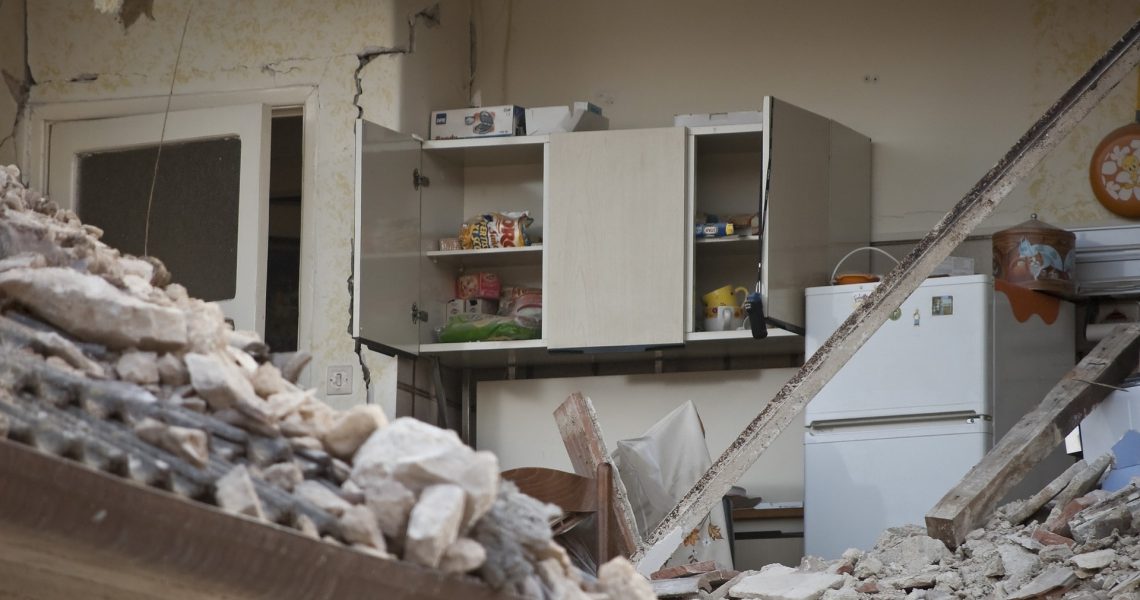In the last few weeks, California has experienced an increase in what many would say are long overdue earthquakes. Earthquakes are caused by movements in the Earth’s crust releasing tectonic stress buildup. The higher the magnitude, the more likely a quake is to trigger another quake.
As intimidating as this can be, keep in mind California experiences minor quakes on a regular basis that are so small, we usually do not even feel them.

So, what can you do to prepare?
- Make your home as earthquake ready as possible. Strap and bolt heavy objects and furniture to wall studs.
- Be aware of which spots are safest in your home. You want to choose locations where items are least likely to fall on you.
- Keep a backup of survival supplies in a safe location: water, batteries, flash light, canned food, battery operated radio, and a first aid kit.
- Know how to shut off and turn on your water and gas mains.

What do you do in the event of an earthquake?
- If you are in your home, try to stay away from windows or anything that could fall on you. Protect your head and body. Use a desk or table as cover.
- If you are outside, again get away from anything that could fall on you. Stay clear of power lines, buildings, trees, etc. Stay low to the ground.
- If you are driving, slow to a stop in a clear space and stay in the car until the shaking stops.

What do you do in the event of a tsunami?
- Get to a higher location. The higher the better but ideally 100 ft above sea level or two miles away from the event.
- Every foot inland or higher up could make a difference. Don’t hesitate. If you can see the wave, you are too close to be safe. Do not observe from oceanside cliffs.
- If you have pets, make sure you have a plan in place that would allow you to quickly and easily transport them with you. Have carriers and/or leashes in an easily accessible location.
- Multiple waves can occur. Do not assume after one there is no more to come. Stay in your safe place until you are notified it is safe.
- Earthquake safety takes precedence. If you feel shaking, follow the earthquake guidelines and get to higher ground only once the shaking stops.
- Stay tuned to your NOAA radio weather station which can be listened to on any of these seven dedicated frequencies: 162.400, 162.425, 162.450, 162.475, 162.500, 162.525, and 162.550 MHz.
Every region in the world comes with its own hazards and quirks. Whether it be tornados, hurricanes, earthquakes, or volcanoes, it is important to have a plan and to share with the ones you love most.
For more information: https://www.ready.gov/earthquakes
Financial guide to help prepare for a natural disaster: https://www.bankrate.com/banking/savings/how-to-prepare-your-finances-for-a-natural-disaster/





